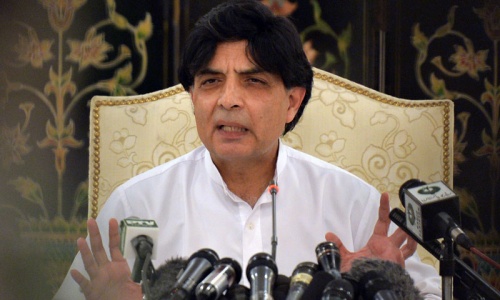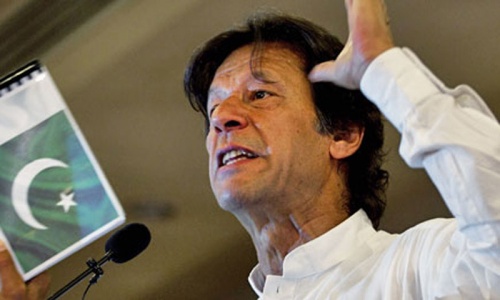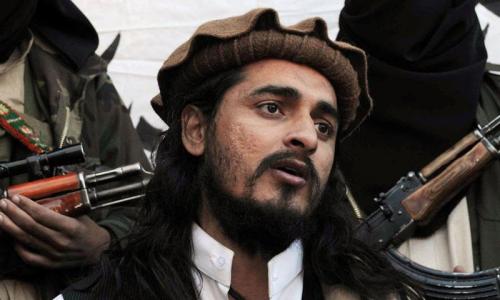WASHINGTON: The United States Monday admitted to “tensions” and occasional “misunderstandings” in its relations with Pakistan, but implicitly defended the killing of Pakistani Taliban leader Hakimullah Mehsud in a drone strike.
The government in Islamabad reacted angrily to the attack on Mehsud, chief of Tehrik-i-Taliban Pakistan (TTP) on Friday, saying it would scuttle its peace talks with the group.
“There inevitably will be some tensions and occasional misunderstandings between our two countries,” White House spokesman Jay Carney said.
“We hope to continue to make progress in the relationship, and we continue to seek ways for our countries to cooperate on the entire range of shared interests that we have, from economic to security issues.”
Carney would not confirm the drone strike that killed Mehsud, in line with normal practice in such attacks, but he said the TTP leader had a long list of extremist credentials, including a failed bombing in Times Square, New York, in 2010.
The spokesman charged that Mehsud and other TTP leaders had “publicly vowed to continue targeting the United States and Americans.”
Mehsud was also wanted in connection with the killings of seven Americans at a US base in Khost province, Afghanistan. The suicide bomb attack was one of the CIA's deadliest days in decades, as five of the agency's anti-terror officers and two contractors were killed.
The killing of Hakimullah Mehsud came just over a week after Pakistani Prime Minister Nawaz Sharif asked President Barack Obama in Oval Office talks to stop drone strikes.
Pakistan's Interior Minister Chaudhry Nisar Ali Khan on Saturday accused Washington of sabotaging peace efforts with the drone strike on Mehsud.
Anti-American sentiment runs deep in Pakistan and drone strikes are hugely unpopular, with many criticising them both for civilian deaths and as a violation of sovereignty.
While expressing public fury, partly for domestic political reasons, Pakistani leaders will have to carefully weigh how to respond to the drone attack and may be unwilling to again alienate Washington as they try to reheat the economy.
As Sharif visited the White House last month, the State Department announced the release of $1.6 billion in aid, including $1.38 billion for the country's powerful military.
The money had been frozen as relations plummeted amid a series of crises in 2011 and 2012 including the US raid to kill Osama bin Laden at his hideout in Pakistan’s garrison town of Abbottabad – carried out without Pakistani knowledge.














































